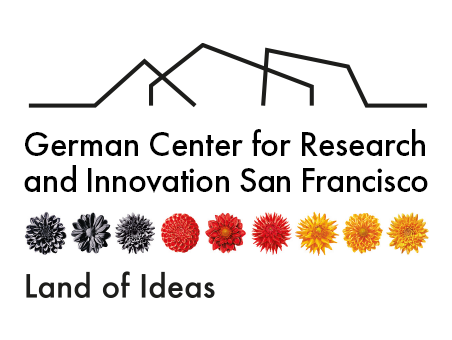Humboldt-Universität zu Berlin

Humboldt-Universität zu Berlin (HU) was founded in 1809 by Wilhelm von Humboldt, and is the oldest university in Berlin. Home to 29 Nobel Prize winners, its teaching and research programmes cover all the fundamental academic disciplines of the humanities, social and cultural sciences, law, life sciences, mathematics and natural sciences, medicine, agricultural sciences and sustainability, and antiquities research. Due to numerous cutting-edge research projects and renowned international networks, HU (with its 36,222 students, 440 professors, 9 faculties, and 171 degree courses) is one of the most distinguished universities in the German-speaking world.
HU is member of the Berlin University Alliance (BUA), and has been funded in the Excellence Strategy since 2019. Furthermore, the university combines research excellence with innovative support for young researchers. The focus of teaching is on research-based learning, interdisciplinarity, flexibility and internationalisation.
HU is a comprehensive university with numerous large research projects such as Collaborative Research Centres funded by DFG, and various graduate schools. The universities four Clusters of Excellence are:
Matters of Activity: Image Space Material (HU only)
MATH+ (with Technische Universität Berlin and Freie Universität Berlin)
NeuroCure (with Charité – Universitätsmedizin Berlin and Freie Universität Berlin)
Science of Intelligence (SCIoI) (with Technische Universität Berlin)
HU maintains intense and long-term partnerships (in research and mobility) with US-institutions. The most important strategic partner in the region is Princeton University (PU).
